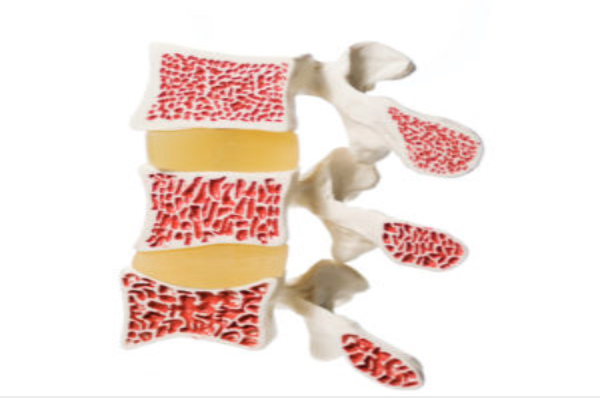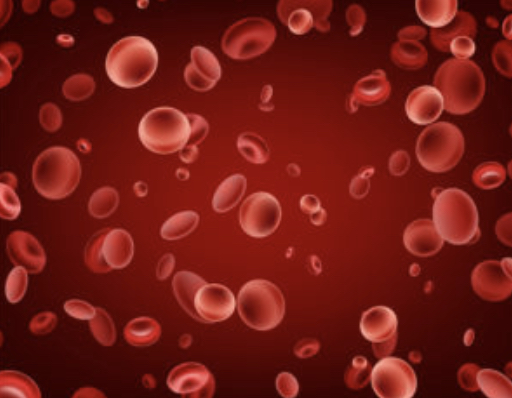 Overgrowth of yeast in the gastrointestinal tract may be associated with symptoms such as chronic fatigue, low energy, bloating, gas, frequent bladder infections, depression, poor concentration, allergies, poor immune function and cravings for carbohydrate or yeast foods.
Overgrowth of yeast in the gastrointestinal tract may be associated with symptoms such as chronic fatigue, low energy, bloating, gas, frequent bladder infections, depression, poor concentration, allergies, poor immune function and cravings for carbohydrate or yeast foods.
Usually yeast (Candida albicans) lives happily in the crevices of the gastrointestinal tract (GIT). If this yeast overgrows the intestinal tract lining is damaged where the yeast cells are absorbed into other areas of the body and blood. Studies have shown yeast can escape from the GIT and reach the bloodstream. If the intestinal mucosal barrier (of the GIT) is disrupted the yeast can break through the intestinal mucosal barrier, damaging the layers of the intestinal epithelial and cause candidiasis.



 What is osteoporosis? How is it diagnosed?
What is osteoporosis? How is it diagnosed? Arm yourself with the tools you need to boost your immune function and help fight against illness such as colds and flu.
Arm yourself with the tools you need to boost your immune function and help fight against illness such as colds and flu. Pyrroles is also known as pyrrole disorder, kryptopyrrole, pyroluria, or Mauve Factor where urinary pyrrole concentrations known as HPL (hydroxyhemopyrrolin-2-one) are elevated and associated nutrient deficiencies such as zinc, vitamin B6 and vitamin C. Pyrroles is an abnormal metabolism of haemoglobin (oxygen-carrying pigment of the red blood cells). HPL when excreted (via urine) takes these vital nutrients with them – like “stripping” them from the body resulting in deficiencies. Elevated HPL is also found to be associated with high unbound copper levels which has been shown to be neurotoxic.
Pyrroles is also known as pyrrole disorder, kryptopyrrole, pyroluria, or Mauve Factor where urinary pyrrole concentrations known as HPL (hydroxyhemopyrrolin-2-one) are elevated and associated nutrient deficiencies such as zinc, vitamin B6 and vitamin C. Pyrroles is an abnormal metabolism of haemoglobin (oxygen-carrying pigment of the red blood cells). HPL when excreted (via urine) takes these vital nutrients with them – like “stripping” them from the body resulting in deficiencies. Elevated HPL is also found to be associated with high unbound copper levels which has been shown to be neurotoxic.